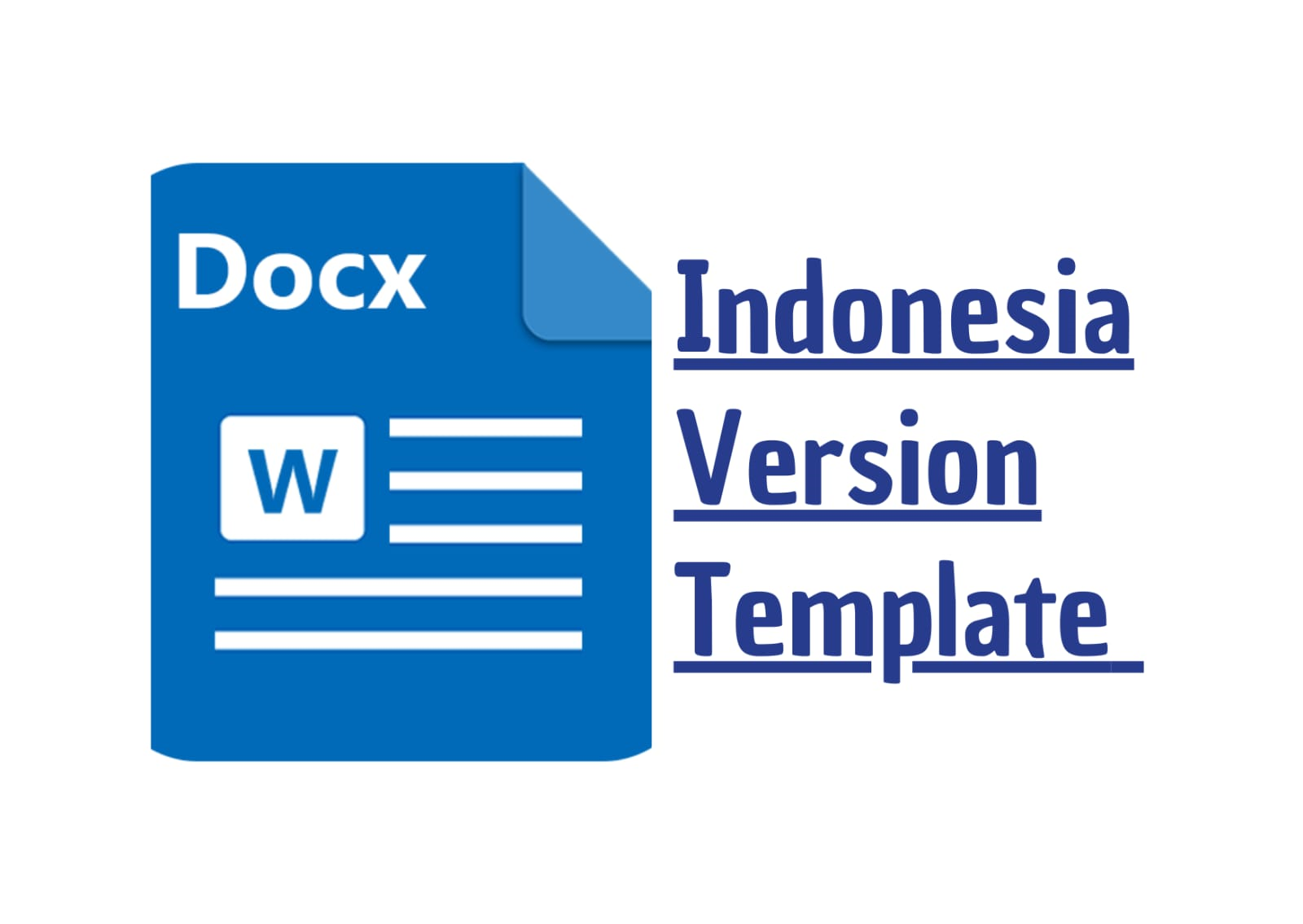Enriching Students’ Vocabulary Using Realia of Seventh Grade Students of SMPN 38 Palembang
DOI:
https://doi.org/10.56799/jim.v1i12.1066Keywords:
Vocabulary Mastery, Realia, Enriching English VocabularyAbstract
In English language teaching, vocabulary is included in the four-integrated language skills. One of the media that can be used and is able to increase student interest in learning vocabulary is by using realia. Thus, this study tried to figure out the effectiveness of realia to enrich students’ vocabulary. In conducting this research, the researcher used quantitative methods by using two classes with the name experimental class and control class consisting of 68 students. Pre-test and Post-test were given in both classes, the experimental class was given treatment before the researcher conducted the Post-test, and the control class was not given any treatment. In analyzing the data, the results showed that the experimental class students' vocabulary mastery increased as indicated by the pre-test and post[1]test scores. It means that the t-obtain is bigger than t-table (14,723 > 2,034) and the value of Sig. (2-tailed) was 0.000 < 0.05, then null hypothesis (Ho) was rejected and alternative hypothesis (Ha) was accepted. It means that there was any significant enrichment of students’ vocabulary being taught by using realia. In addition, the use of realia is suggested for teachers as a media in teaching students’ vocabulary.In English language teaching, vocabulary is included in the four-integrated language skills. One of the media that can be used and is able to increase student interest in learning vocabulary is by using realia. Thus, this study tried to figure out the effectiveness of realia to enrich students’ vocabulary. In conducting this research, the researcher used quantitative methods by using two classes with the name experimental class and control class consisting of 68 students. Pre-test and Post-test were given in both classes, the experimental class was given treatment before the researcher conducted the Post-test, and the control class was not given any treatment. In analyzing the data, the results showed that the experimental class students' vocabulary mastery increased as indicated by the pre-test and post[1]test scores. It means that the t-obtain is bigger than t-table (14,723 > 2,034) and the value of Sig. (2-tailed) was 0.000 < 0.05, then null hypothesis (Ho) was rejected and alternative hypothesis (Ha) was accepted. It means that there was any significant enrichment of students’ vocabulary being taught by using realia. In addition, the use of realia is suggested for teachers as a media in teaching students’ vocabulary.
Downloads
References
Al Qahtani, M. (2015). The Improvement of vocabulary in Language Learning and How to be Taught. International Journal of Teaching and Education, 3(3).
Andini, U., Sutarsyah, C., & Sudirman, S. (2019). THE USE OF REALIA TO IMPROVE STUDENTS’VOCABULARY MASTERY AT FIRST GRADE. U-JET, 8(4).
Blasco, M. E. (2015). A Cognitive Linguistic Analysis of The Cooking Domain and Its Implementation in The EFL Classroom as a Way of Enhancing Effective Vocabulary Teaching. Procedia-Social and Behavioral Sciences, 178, 70-77.
Budden, J. (2005). Using Realia in Language Assistance.
Capaldi, E. J., & Proctor, R. W. (2008). Are theories to be evaluated in isolation or relative to alternatives? An abductive view. The American journal of psychology, 121(4), 617-641.
Clark, R. (2007). Convenience sample. The Blackwell Encyclopedia of Sociology, 1-2.
Creswell, J. W. (2012). Educational Research: Planning, Conducting, and Evaluating Quantitative and Qualitative Research. New York: Person Education, Inc.
Gau, H. (2010). Realia: Making Language Real. Berkeley: Primary Concept.
Gobert, M. (2018). Flash cards, realia, and objects. The TESOL Encyclopedia of English Language Teaching, 1-6.
Harman, G. (2010). Towards speculative realism: Essays and lectures. John Hunt Publishing.
Jiancheng, S., & Zhenqiu, S. (2012). Content Validity Index in Scale Development. Journal of Central South University, 37(2). Retrieved from https://doi.org/10.3969/j.issn.1672-7347.2012.02.007
Kurniawan, I. (2017). Assessing English StudentsVocabulary Size of Lampung State Islamic University. Humaniora, 8(4), 381-390.
Kweldju, S. (2005). lexically-based language teaching metaphor for enhancing learning. Indonesian JELT: Indonesian Journal of English Language Teaching, 1(2), 52-65.
LoBiondo-Wood, G., & Haber, J. (2014). Reliability and validity. Nursing research. Methods and critical appraisal for evidence based practice, 289-309.
Ngaroga, J.M. (2006). Education for Primary Teaching Education. Kenya: East Africa Educational Publishers Ltd.
Peterson, R. A., & Kim, Y. (2013). On The Relationship Between Coefficient Alpha and Composite Reliability. Journal of applied psychology, 98(1), 194.
Renandya, W. A. (2018). What kind of English proficiency is needed for effective teaching. Willy A Renandya National Institute of Education Nanyang Technological University, Singapore, 3-4.
Thornburry, S. (2002). How to Teach Vocabulary. Harlow: Pearson Education Limited.
White, H., & Sabarwal, S. (2014). Quasi-experimental Design and Methods, Methodological Briefs: Impact Evaluation.
Downloads
Published
How to Cite
Issue
Section
License
Copyright (c) 2022 Alfiah Nur Annisa, Nike Angraini, Badriyah Ulfah

This work is licensed under a Creative Commons Attribution 4.0 International License.




















